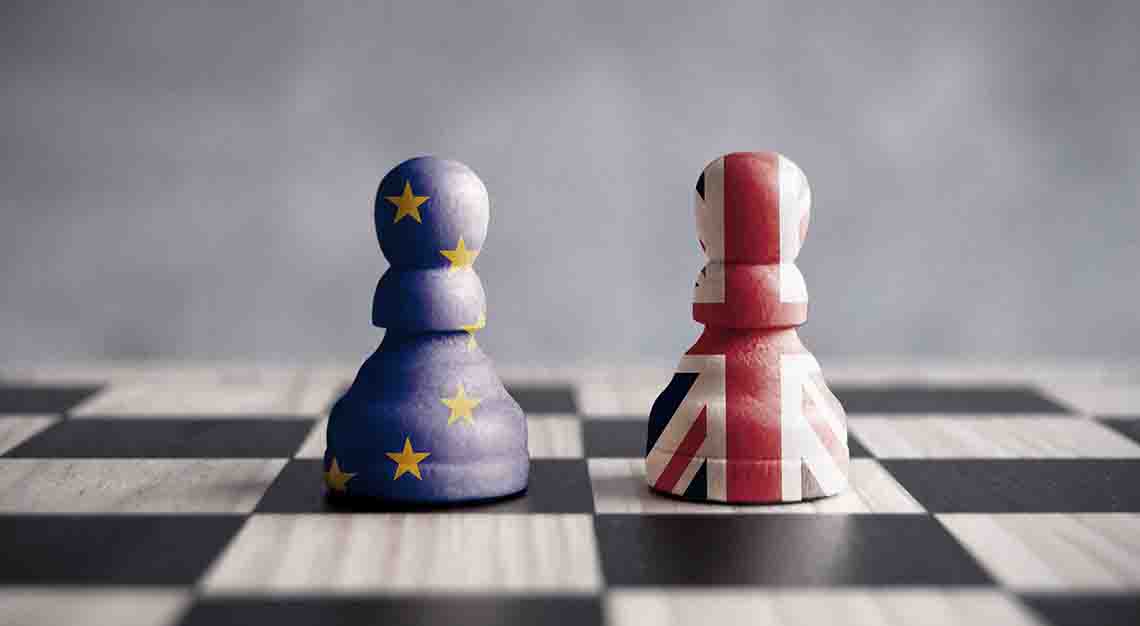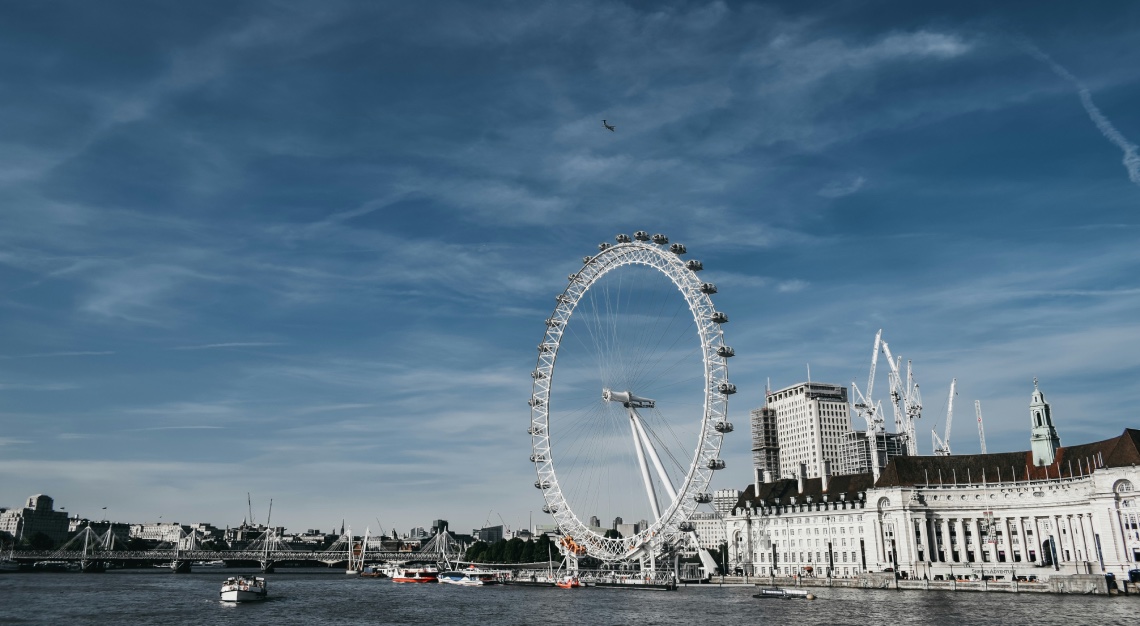Robb Report Singapore’s raving reporter Andrew Leci answers the hard Brexit questions that no one’s even asked
Almost a year after Article 50 was invoked — and with a fast-looming leave date on 29 March 2019 – Theresa May’s 585-page draft deal, negotiated by the prime minister herself, was rejected by the UK’s House of Commons by a massive 230 votes – the heaviest parliamentary defeat ever for a British Prime Minister in the democratic era, and the biggest since 1924 when Ramsay MacDonald suffered similar ignominy. But what does this mean for Brexit and Great Britain?
Can you explain Brexit, please?
No. Can anyone?
Could you at least try?
Think of it like a 45-year marriage that has ended without either the husband or the wife really knowing why. The kids are pretty mystified, too. Sure, there have been squabbles, disagreements and a degree of mutual antipathy during the course of the marriage, but nothing significant enough to warrant slicing up the house, selling the family yacht and euthanising the pets.
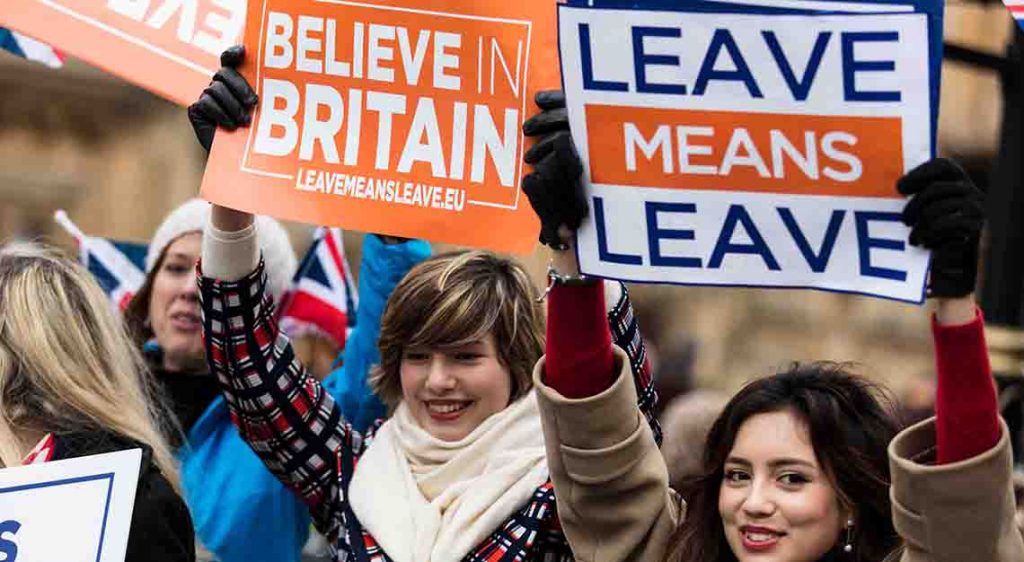
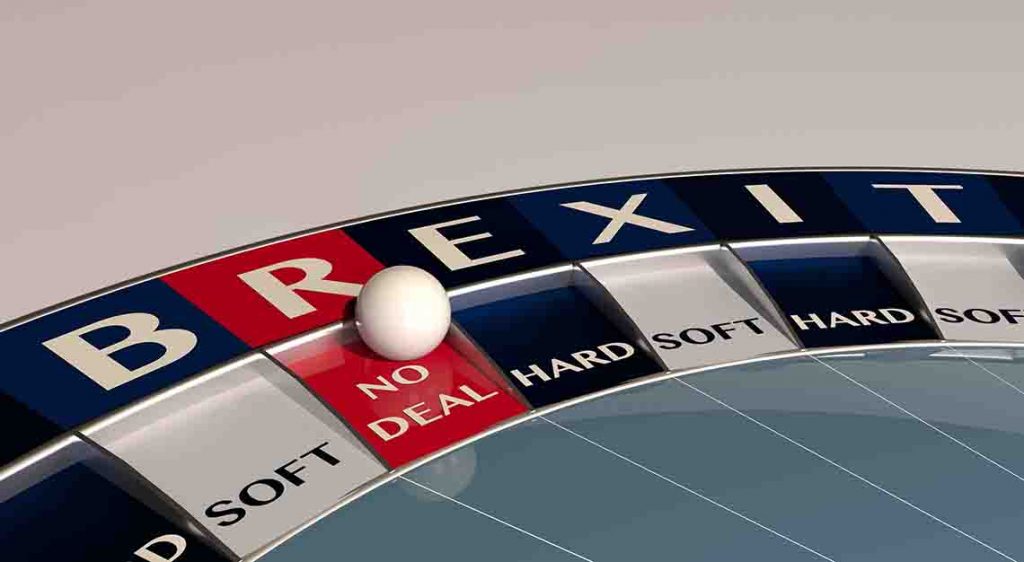
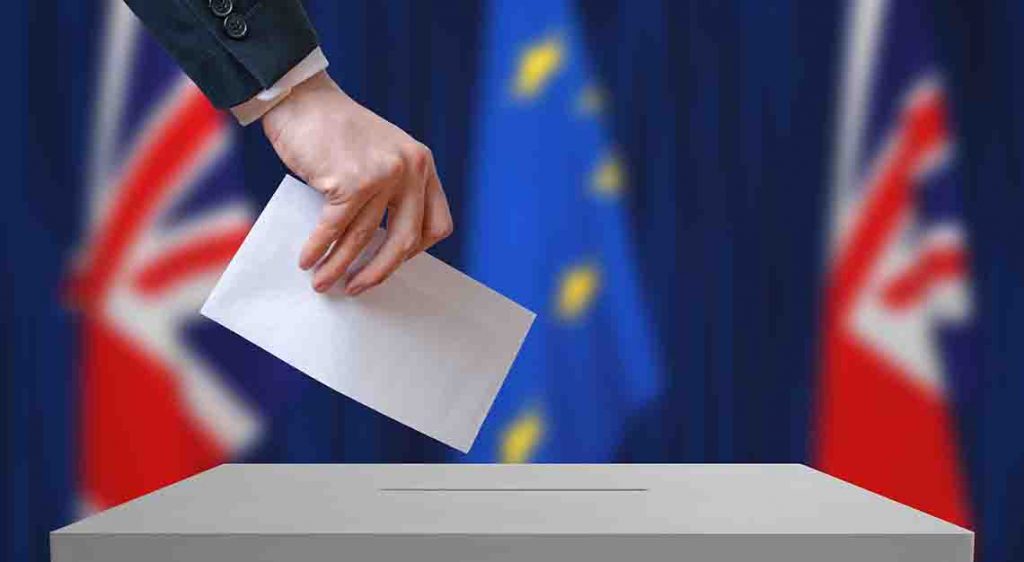
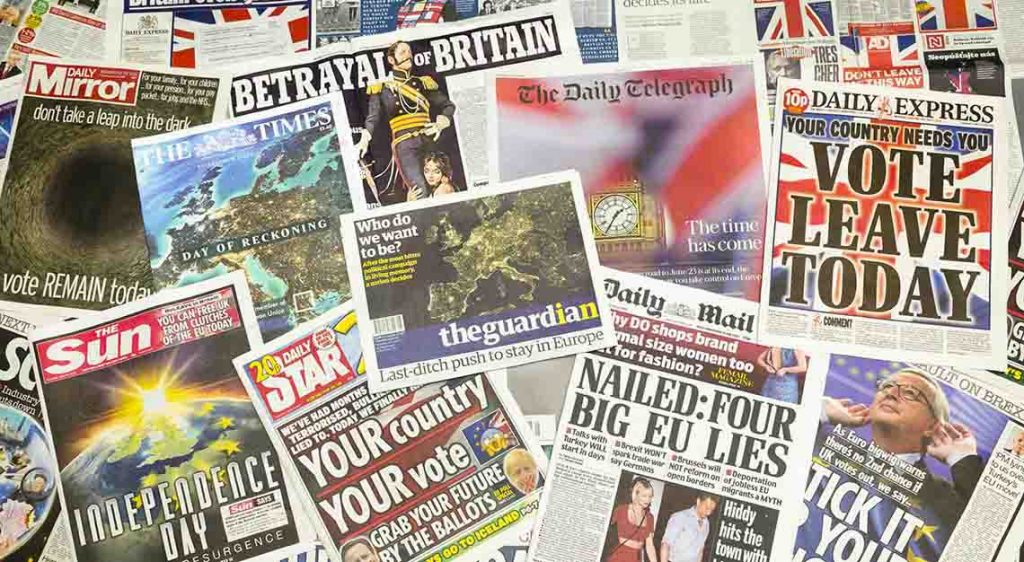
Why was the original referendum held in 2016?
It was a question posed to the UK electorate by a prime minister who thought he knew the answer. David Cameron was convinced that voters would elect to remain in the European Union (EU), and, rather arrogantly, I might say, left it to the people. The problem is that hardly anyone actually understood the question — it was a bit like asking people to add up two numbers, but only giving them one part of the sum. Sure, you can have a stab at it, but there’s more likelihood of poking someone in the eye than getting the right answer.
So why did the UK population vote for Brexit in the first place?
People in the UK felt taken for granted and wanted to prove that they shouldn’t be. Cameron thought that the issue was a no-brainer, and that the electorate would blindly follow his recommendations. Let’s not forget that both parties in the Leave/Remain argument did their best to obfuscate all the relevant issues so few people knew what they were actually voting for anyway. Generally speaking, this is a good way to run a democracy, but it ended up costing Cameron his political career and, probably, his future spot on the lucrative lecture circuit.
Why has an exit deal been so hard to reach?
Not many people realise this, but over the course of the 45-year relationship, the UK’s economic, legal and administrative systems have become almost inextricably intertwined with Europe’s. This makes separation difficult and complex. Immigration issues and freedom of movement have added to the complications as ‘island mentality’ has kicked in with many Britons, who are starting to wonder if they are going to have to pay more for their croissants. And then there’s the issue with Ireland, of course.
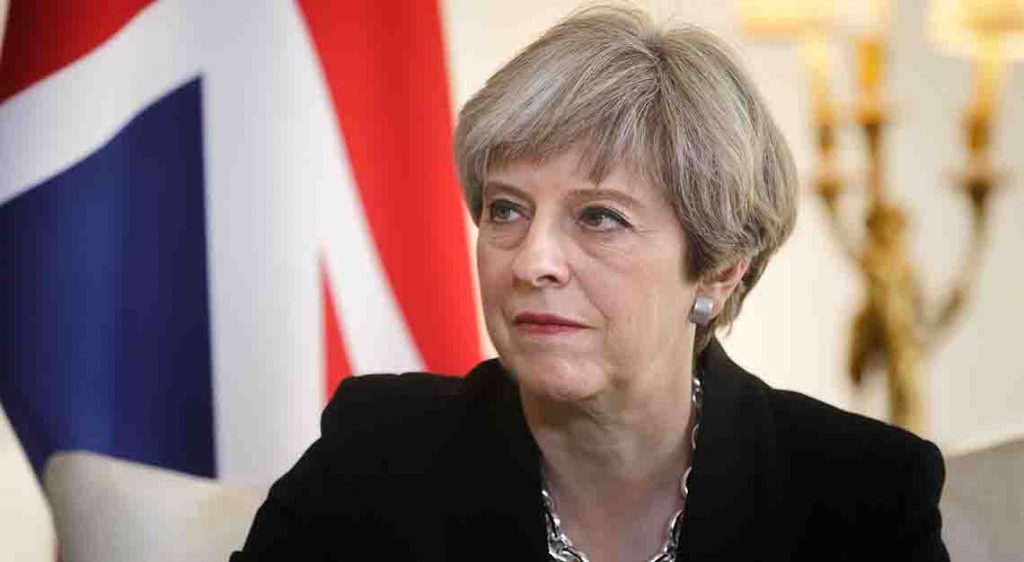
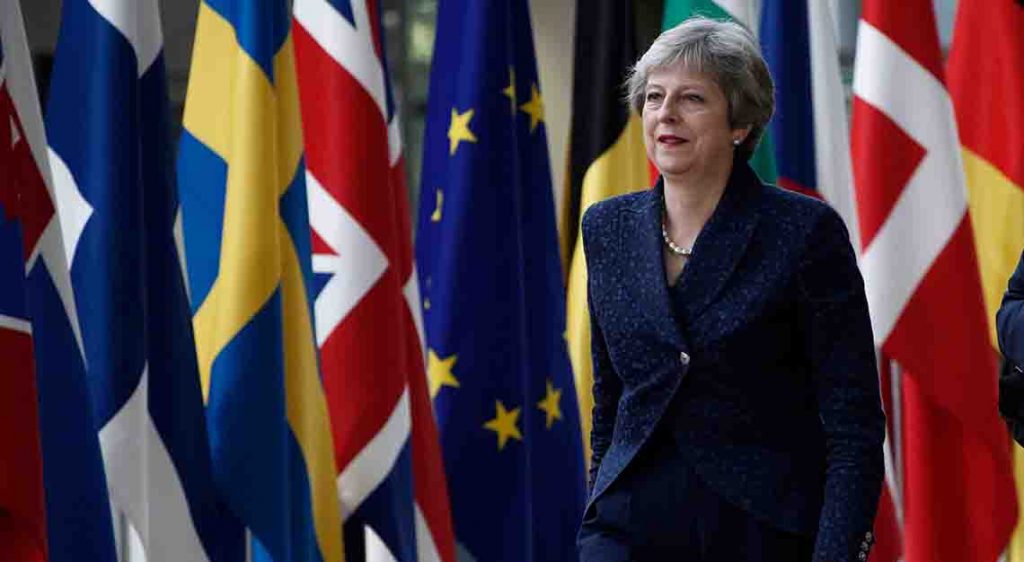
That would be the next question. After Brexit, how can there possibly be no hard border between Northern Ireland the Republic of Ireland? One will be part of the European Union, and the other will not.
Everyone seems to be trying to avoid a hard border between the north and the south — the kind in which you’ll need a passport and have to deal with surly customs officials — so that goods, services and people can cross from one side to the other unchecked and unfettered. This means that Northern Ireland would have to remain in the EU customs union, while not being a part of the EU, which would also mean that goods coming into Northern Ireland from other parts of the UK would have to be checked by EU regulators (operating under a different system) effectively creating a border the length of the Irish Sea.
How close are we to finding a solution, and what will happen next?
If I knew that I’d buy shares…in something. What we do know is that the latest draft agreement has been rejected after two years of negotiations, despite Theresa May insisting that it’s the best deal that the UK’s going to get. Members of Parliament have mostly thumbed down the current deal as a rancid piece of steak, and what they really want is a choice filet mignon, medium rare. They’re more likely to get a bowl of fries. May is clinging on for dear life, and has already faced (and survived) another ‘no confidence’ vote in the house.
She has the option of continuing to fight her corner, for now, which means changing what’s currently on the table. This will involve going back to the EU, to renegotiate the terms and persuade them to make amendments to the first draft agreement – all of which would have to be in the UK’s favour – so that she can return to Parliament with a better proposition; one that she might be able to push through.
Other options are a ‘no-deal Brexit’, the ramifications of which most commentators refuse to even speculate on, other than to suggest that chaos would ensue, and tears would flow like rivers of duty-free wine. Or – and this appears be a movement that is gaining some momentum – the UK has another referendum to decide (again) whether or not to part company with the EU at all.
Well, you know what they say; if you ask a question and get the wrong answer, keep asking it, again and again, until you get the right one. Now that’s democracy.
